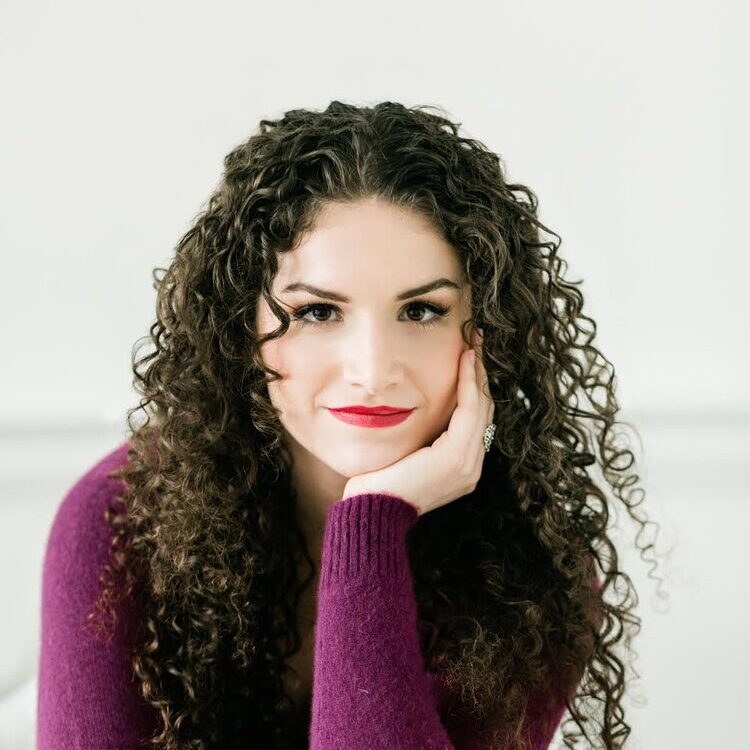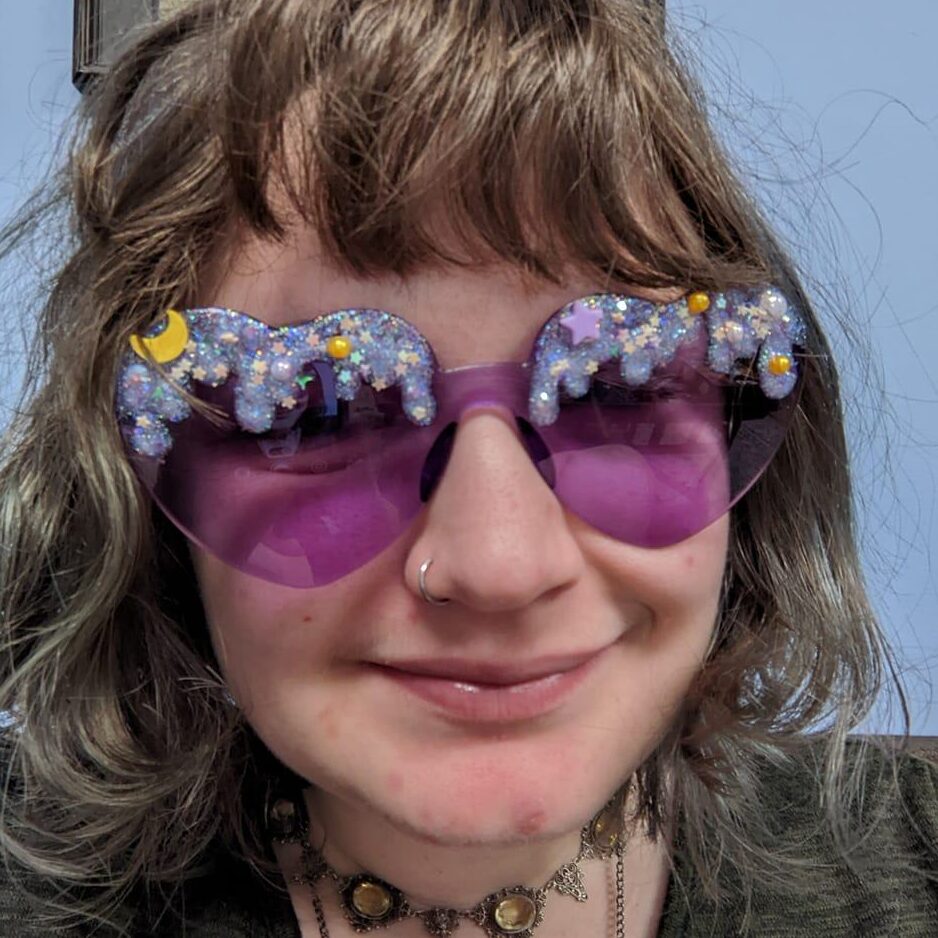When her father is brutally, mysteriously murdered, sixteen-year-old Tania de Batz is sent to finishing school against her wishes, but Tania soon realizes that L’Académie des Mariées is no ordinary finishing school. It’s a secret training ground for a new kind of Musketeer: women who are socialites on the surface, but strap daggers under their skirts, seduce men into giving up dangerous secrets, and protect France from downfall.
With her newfound sisters at her side, Tania feels for the first time like she has a purpose, like she belongs. But then she meets Étienne, her first target in uncovering a potential assassination plot — and he might have information about what really happened to her father. Torn between duty and dizzying emotion, Tania will have to lean on her friends, listen to her own body, and decide where her loyalties lie … or risk losing everything she’s ever wanted.
We spoke to debut author Lillie Lainoff about her debut novel One For All, feminist retellings, and postural orthostatic tachycardia syndrome (POTS) representation. This interview has been edited and condensed for clarity.
The protagonist of your historical YA book, One for All, is a woman with POTS. Could you share how you wrote about POTS in the 1600s, in a time when POTS did not have the recognition it has today?
When I decided I was going to write Tania as having POTS, I thought about specific symptoms I could write about that Tania might not necessarily be able to explain or connect, but that would flag as POTS for a modern reader. So, for instance, when Tania talks about her toes going purple and gray, she doesn’t know anything about blood flow and such, but she does notice how she doesn’t feel good when that happens. Or when she discovers that clenching her toes helps with being dizzy, she doesn’t know why it helps, just that it does. So it’s really about focusing on symptoms, about describing them in a way that is familiar to modern readers but still feels authentic to the character’s voice.
Feminist retellings are always finding old stories to revisit with a fresh perspective. What made you choose The Three Musketeers?
The Three Musketeers has always had a special place in my heart. My first introduction to the work of Dumas (well, a film version, at least) was The Man in the Iron Mask. We watched it during fencing summer camp when I was a kid. It was one of my favorites, along with The Princess Bride.
The lightbulb moment to write a reimagining of The Three Musketeers happened at the very end of 2016, but the seeds of it I believe were planted during those days at summer camp. Me, in a camp of almost entirely boys, watching these movies about men with swords and wondering what my place would be in the sport.
When I first started writing One for All, I wanted to have a chance to write about fencing, yes, but I was also curious to see what would happen when I took the Musketeers — which now occupy a strange space in the public consciousness, a very specific swaggering sort of masculinity — and made them women. What would traits that were associated with the fact that the Musketeers were men (brotherhood, honor as it was known in 17th century France) look like when present in girls?
What would you say was your greatest challenge in the process of creating this book?
Figuring out all the subplots! One for All has a lot of moving parts, multiple mysteries and romantic threads. Making sure they all worked together without detracting from each other, while also staying in the spirit of the original text, was a hard task!
What advice would you give writers who want to write about disabled characters?
I think it’s always a good idea to hire an authenticity reader, whether the disabled character’s experience is based on your own or not. Even if you share that experience, it’s good to have someone else with that experience give you feedback. No writer is infallible, and there are always things we might miss.
For nondisabled writers writing disabled characters, my advice is always to ask yourself why. There are so many potential answers to this question, but if the answer is to give a voice to a certain group of disabled people, it is important to remember that disabled writers are actively writing our stories. A dearth of books with certain representation does not mean writers aren’t writing them — it means the traditional market isn’t giving writers with that experience the opportunity to do so.
What are your writing plans for the future?
I’m working on a lot of projects at the moment that I hope will find their way onto shelves one day! They all feature disabled/chronically ill main characters.
Anything else you would like to share?
The response to One for All has been incredible. I’d always hoped readers would appreciate Tania’s story. I told myself if Tania could help one reader think about their own disability in a different light, that would be enough. And all the letters and messages I’ve received, to know that Tania has done that for so many people … it’s a wonderful thing.
If readers want more stories with chronic illness and disability rep, the best way to make that happen is to continue support One For All and other books with disabled and chronically ill main characters. And that doesn’t have to mean buying the books! You can request them at your local library/make sure they stay in circulation, post about them on social media, tell your friends and family, leave reviews on review sites, etc.


